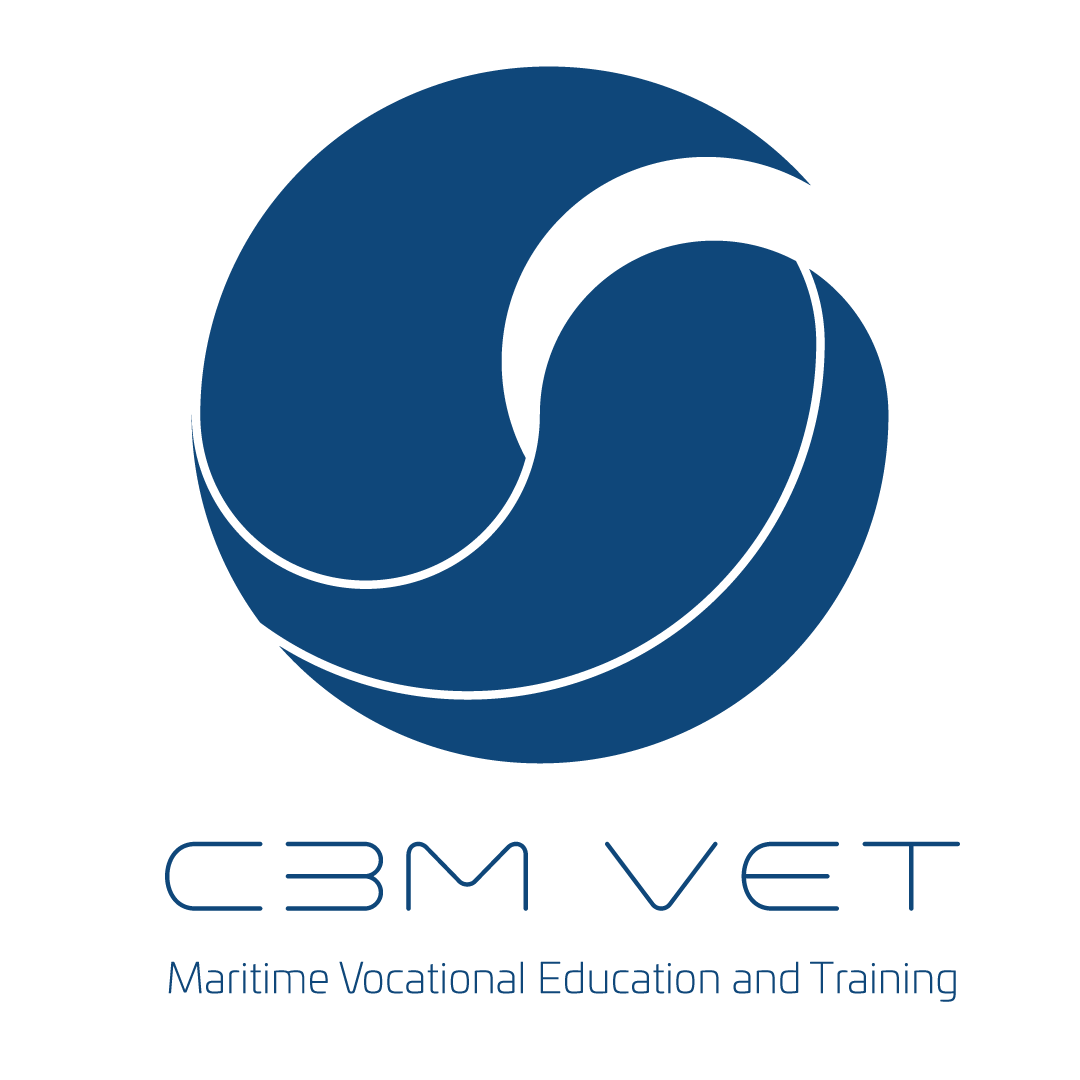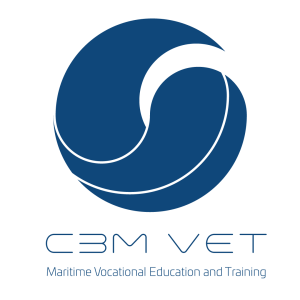Objectives
The CBM-VET General Objectives
Pillar 1 - Skills / Competences Alignment
• Identify blue skill gaps.
• Prospecting for future blue skills, considering, namely, STP reality and blue strategy, technological innovations, the transition to digital and new forms of energy;
• Strengthening key competences in IVET and CVET curricula.
• Harmonising data collection in the field of blue careers.
Pillar 2 – VET Capacitation
• Creating education-industry-public authorities’ networks, mainly at sea basin level.
• Promoting work-based learning (WBL) and, if possible, Simulation Based Learning (SBL).
• Strengthening teachers and trainers’ capabilities, including entrepreneurship and key competences.
• Introducing innovative teaching and training methodologies.
• Developing quality assurance mechanisms.
• Developing ocean literacy, engaging citizens in ocean-related actions, and promoting sea jobs.
• Introducing to the blue school’s concept.
• Promoting the virtues of dual learning and vocational teaching.
Pillar 3 - Digital and Green Skills
• Provide Green & Digital skills.
• Foster an on line, open format, digital education ecosystem-
• Enhance digital skills and competences for the digital & green age.
Pillar 4 – Cooperation Network
• Develop an on-line cooperation environment.
• Promote regular physical and on-line events, involving teacher, trainer, and learners.
• Develop a sea schools cooperation network.
• Improve cooperation between Universities and Apprenticeship Schools.
• Structuring a Knowledge Triangle Network involving Industry/sector representatives, Apprenticeship Schools/Universities and Authorities/Policymakers.
The CBM-VET Specific Objectives
Specific objective 1: To deliver improved excellence capacity and resources
• By developing an e-platform for training in order to facilitate distance learning opportunities, and to share the materials developed during the project.
• By helping Marapa and Decel staff through short term staff visits for them to experience the training environment and management practices in situ at IPTL.
• By organising a short term expert visit from IPTL, EVM and Qualiseg to MARAPA and Decel. During these visits, the experts will understand the training facilities of Marapa and Decel with a view to helping staff to enhance their training capacity and resources.
Specific objective 2: To enhance strategic networking activities
• By organising a special national networking session in S. Tomé involving Industry/sector representatives, Apprenticeship Schools/Universities and Authorities/Policymakers aiming at setting the basis for a Knowledge Triangle in the STP port-maritime sector.
• By organising a networking session at IPTL involving Madeira Region’s Industry/sector representatives, Apprenticeship Schools/Universities and Authorities/Policymakers
• By developing joint frameworks for training programmes, a framework for student exchange/mobility network involving IPTL, MARAPA and Decel.
• By carrying out a wide range of electronic/digital communication activities, such as the establishment of a website, preparation of e-newsletters, and use of social media tools.
Specific objective 3: To raise the reputation and attractiveness of MARAPA and Decel and their staff
• By organising one conference on port-maritime main challenges, such as the sector’s decarbonization, as an opportunity to network, to engage with participants, and showcase their work to get feedback.
• By delivering a seminar on the best practices of quality, environment and safety/security as a way to achieve sustainability and increase resilience.
• By sharing the best practices related to communication and dissemination to improve visibility and international projection.
Specific objective 4: To strengthen the training management capacities and administrative skills
• By establishing a quality culture that can lead to implement a quality management system to assure compliance with EQAVET Framework and international standards, such as ISO 9001.
• By establishing appropriate coordination mechanisms employing the best practices of the ISO 44001 standard to assure the attaining the desired collaboration of CBM-VET members and the achieving of the best possible results.
• By delivering a training session on how apply to the potential international funding to improve training capacities and trainers & trainees’ mobility.
Specific objective 5: To improve MARAPA’s and Decel training capacities
• Implementing a training approach “from practical to conceptual”, supported on Work-Based Learning and Simulation-Based Learning.
• Strengthening key competences in VET curricula and providing more effective opportunities to acquire or develop those skills through IVET and CVET.
• Introducing systematic approaches and opportunities for initial and continuous professional development of VET teachers, trainers and mentors in both school and work-based settings.
• Balancing technical skills and soft skills, which will establish a more favourable framework for the development of entrepreneurship capabilities.
• Designing and developing simulation-based learning programs, potentially running virtually, exploring opportunities for establishing partnerships regarding the design and development of simulators particularly for enforcing collective competences.
• Positively and strongly contribute to the EU’s major goals related to skills increasing by working to assure that digital competence is significantly improved, green conscientiousness is a common value, and that Safety, Security, Resilience and Sustainability awareness highly increases.


